WC: Germany takes third place with win over Uruguay
Germany has taken third place in South Africa at the World Cup competition, with a 3-2 play-off win over Uruguay.
Sunday, 11.07.2010.
10:31

Germany has taken third place in South Africa at the World Cup competition, with a 3-2 play-off win over Uruguay. Bill Shankly, the legendary Liverpool manager, once said: "First is first but second is nowhere." He didn't even bother to mention where third or fourth would feature. It is this belief which can threaten to turn the World Cup third place play-off game into the anti-climax it must certainly be for the two teams who had higher hopes coming into the final weekend of the tournament. WC: Germany takes third place with win over Uruguay After witnessing how broken the Germans and Uruguayans were after their semi-final defeats, it would have been no surprise to see 22 disillusioned men going through the motions for 90 minutes in Port Elizabeth on Saturday night. Anyone who saw Germany captain Philipp Lahm's painfully raw post-match press conference may have wondered how he or any of his young team mates could ever pull their boots on again after losing to Spain, let alone continue in a competition they had such high hopes of winning, such was the devastation on Lahm's face. The Uruguayans were much less fancied for the title but no less distraught after their defeat to the Netherlands. They had become bewitched by the magic of the World Cup and as wild fantasy had morphed into enticing possibility, Uruguay had started to believe they could win it. The fact that they were not humiliated in their semi-final and could even have shocked the Dutch made the reality of defeat so much harder to bear. Despite all the pain and disappointment, in front of a raucous audience which demanded a committed performance, Germany and Uruguay went at each other as only true professionals can. The World Cup would not be waiting for the winner at the final whistle but national pride and the reward of victory itself would be. After all, when you take the prize out of the contest, that's what it's all about anyway. Maybe it was the inclusion of Dennis Aogo, Marcel Jansen and Cacau – players brought in to gain World Cup experience and replace those stricken by illness and injuries such as Lahm, Lukas Podolski and Miroslav Klose – but Germany initially looked untypically fragmented in the opening exchanges with their trademark flowing attacks breaking down through sloppy control. Early nerves were also evident with Aogo and Cacau picking up yellow cards in the first six minutes. However Germany, captained by Bastian Schweinsteiger in Lahm's absence, soon settled and when Arne Friedrich’s header hit the bar on ten minutes, the early nerves seemed to dissipate. Schweinsteiger, a shadow of himself against Spain, was once more on imperious form. Emboldened by the skipper's arm band, he was at the heart of everything. Rather than sitting back to protect the back four, he left Sami Khedira to beef up the defence, choosing instead to power between the penalty areas, spraying passes left and right to Jansen and Mesut Oezil. Uruguay were giving no indication that they considered third-place to be nowhere. A victory over Germany and the best placed finish in a World Cup for 60 years seemed to be motivation enough for the South American over-achievers. After they equalized, they were faster into the tackle, speedier on the counter and hungrier than Germany for the remainder of the first half. Luis Suarez could have put them ahead before the break had his cross-goal shot been a few centimetres more accurate. Uruguay started the second half as confidently as they finished the first and Germany's defence was soon carved open within five minutes of the restart, leaving Diego Forlan to volley in a spectacular goal from Egidio Arevalo's cross. After going behind, Germany started to press and began to show the attacking shape that had put England and Argentina to the sword. Within three minutes, it was 2-2. Marcel Jansen rising above Muslera to head in Jerome Boateng's deep cross. Moments later, a fast break from Cacau almost resulted in Oezil putting Germany ahead but the midfielder needed too many touches. The shape and movement that had deserted Germany against Spain was suddenly back. However, as Germany pushed forward, holes began to appear at the back and Joachim Loew's team was lucky not to concede again from a Suarez long-shot which swerved in the air in front of Butt, forcing the keeper to awkwardly punch the ball clear. It was starting to look like playground soccer, with both teams charging from one end to the other, chasing frantically and spurning chances. In one moment, Forlan had the chance to restore Uruguay's lead, in the next Cacau missed an opportunity to put Germany ahead. Stefan Kiessling came on and nearly changed the game with his first chance. Neither team looked willing to defend in a bid to hold out for penalties. Suddenly third place meant everything. As the clock ticked down, Germany started to look the more composed. Their attacks looked better structured compared to Uruguay who had begun to resort to kick-and-rush. The pressure eventually paid off with eight minutes left. Chaos in the area after a Mesut Oezil corner resulted in Sami Khedira looping a header over a floundering Muslera. It was only what a more disciplined Germany deserved, rediscovering their rhythm and formation amid the craziness and desperation of Uruguay. Khedira's goal knocked the stuffing out of the South Americans and Germany capitalized, tearing through the light blue ranks at will. Kiessling missed a glorious chance to sew up the game when he blazed over unmarked in the area with only two minutes to play. In the final seconds of added time, Uruguay wasted a glorious chance to send the game into overtime but Forlan's free-kick slapped off the cross bar and Germany survived. In the end, Germany hung on and retained their third-place status which they won at the 2006 World Cup. It was certainly not the accolade they were hoping to come home with from South Africa but the manner of their victory over Uruguay reminded those who had followed their progress at this tournament that this was a new Germany team capable of exciting attacking football. It is a shame that they didn't return to Germany with a prize which reflected the quality of play they showed at their most inspired. (FoNet)
WC: Germany takes third place with win over Uruguay
After witnessing how broken the Germans and Uruguayans were after their semi-final defeats, it would have been no surprise to see 22 disillusioned men going through the motions for 90 minutes in Port Elizabeth on Saturday night.Anyone who saw Germany captain Philipp Lahm's painfully raw post-match press conference may have wondered how he or any of his young team mates could ever pull their boots on again after losing to Spain, let alone continue in a competition they had such high hopes of winning, such was the devastation on Lahm's face.
The Uruguayans were much less fancied for the title but no less distraught after their defeat to the Netherlands. They had become bewitched by the magic of the World Cup and as wild fantasy had morphed into enticing possibility, Uruguay had started to believe they could win it. The fact that they were not humiliated in their semi-final and could even have shocked the Dutch made the reality of defeat so much harder to bear.
Despite all the pain and disappointment, in front of a raucous audience which demanded a committed performance, Germany and Uruguay went at each other as only true professionals can. The World Cup would not be waiting for the winner at the final whistle but national pride and the reward of victory itself would be. After all, when you take the prize out of the contest, that's what it's all about anyway.
Maybe it was the inclusion of Dennis Aogo, Marcel Jansen and Cacau – players brought in to gain World Cup experience and replace those stricken by illness and injuries such as Lahm, Lukas Podolski and Miroslav Klose – but Germany initially looked untypically fragmented in the opening exchanges with their trademark flowing attacks breaking down through sloppy control. Early nerves were also evident with Aogo and Cacau picking up yellow cards in the first six minutes.
However Germany, captained by Bastian Schweinsteiger in Lahm's absence, soon settled and when Arne Friedrich’s header hit the bar on ten minutes, the early nerves seemed to dissipate. Schweinsteiger, a shadow of himself against Spain, was once more on imperious form. Emboldened by the skipper's arm band, he was at the heart of everything. Rather than sitting back to protect the back four, he left Sami Khedira to beef up the defence, choosing instead to power between the penalty areas, spraying passes left and right to Jansen and Mesut Oezil.
Uruguay were giving no indication that they considered third-place to be nowhere. A victory over Germany and the best placed finish in a World Cup for 60 years seemed to be motivation enough for the South American over-achievers. After they equalized, they were faster into the tackle, speedier on the counter and hungrier than Germany for the remainder of the first half. Luis Suarez could have put them ahead before the break had his cross-goal shot been a few centimetres more accurate.
Uruguay started the second half as confidently as they finished the first and Germany's defence was soon carved open within five minutes of the restart, leaving Diego Forlan to volley in a spectacular goal from Egidio Arevalo's cross.
After going behind, Germany started to press and began to show the attacking shape that had put England and Argentina to the sword. Within three minutes, it was 2-2. Marcel Jansen rising above Muslera to head in Jerome Boateng's deep cross. Moments later, a fast break from Cacau almost resulted in Oezil putting Germany ahead but the midfielder needed too many touches. The shape and movement that had deserted Germany against Spain was suddenly back.
However, as Germany pushed forward, holes began to appear at the back and Joachim Loew's team was lucky not to concede again from a Suarez long-shot which swerved in the air in front of Butt, forcing the keeper to awkwardly punch the ball clear.
It was starting to look like playground soccer, with both teams charging from one end to the other, chasing frantically and spurning chances. In one moment, Forlan had the chance to restore Uruguay's lead, in the next Cacau missed an opportunity to put Germany ahead. Stefan Kiessling came on and nearly changed the game with his first chance. Neither team looked willing to defend in a bid to hold out for penalties. Suddenly third place meant everything.
As the clock ticked down, Germany started to look the more composed. Their attacks looked better structured compared to Uruguay who had begun to resort to kick-and-rush. The pressure eventually paid off with eight minutes left. Chaos in the area after a Mesut Oezil corner resulted in Sami Khedira looping a header over a floundering Muslera. It was only what a more disciplined Germany deserved, rediscovering their rhythm and formation amid the craziness and desperation of Uruguay.
Khedira's goal knocked the stuffing out of the South Americans and Germany capitalized, tearing through the light blue ranks at will. Kiessling missed a glorious chance to sew up the game when he blazed over unmarked in the area with only two minutes to play.
In the final seconds of added time, Uruguay wasted a glorious chance to send the game into overtime but Forlan's free-kick slapped off the cross bar and Germany survived.
In the end, Germany hung on and retained their third-place status which they won at the 2006 World Cup. It was certainly not the accolade they were hoping to come home with from South Africa but the manner of their victory over Uruguay reminded those who had followed their progress at this tournament that this was a new Germany team capable of exciting attacking football.
It is a shame that they didn't return to Germany with a prize which reflected the quality of play they showed at their most inspired.





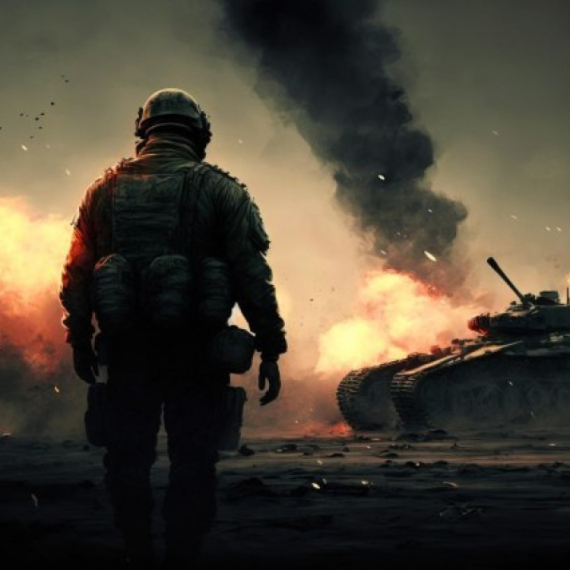




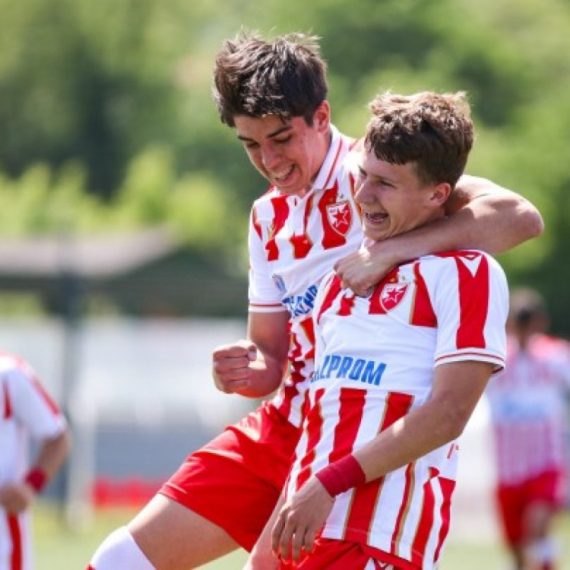



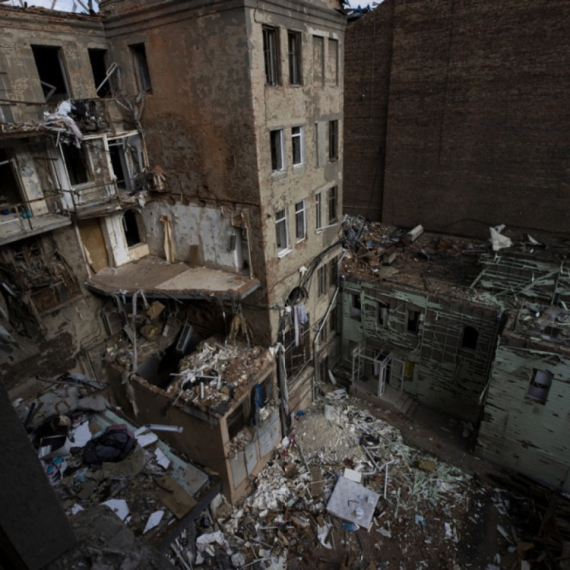
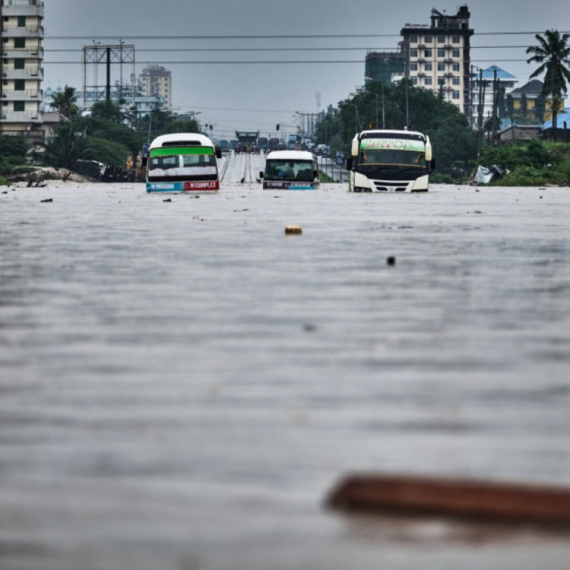
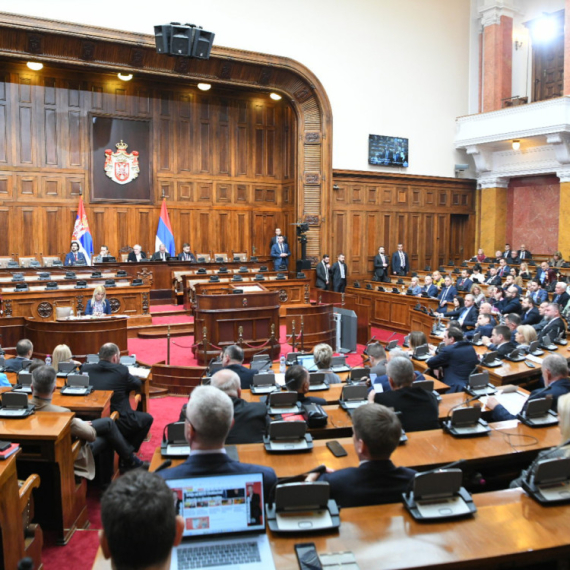
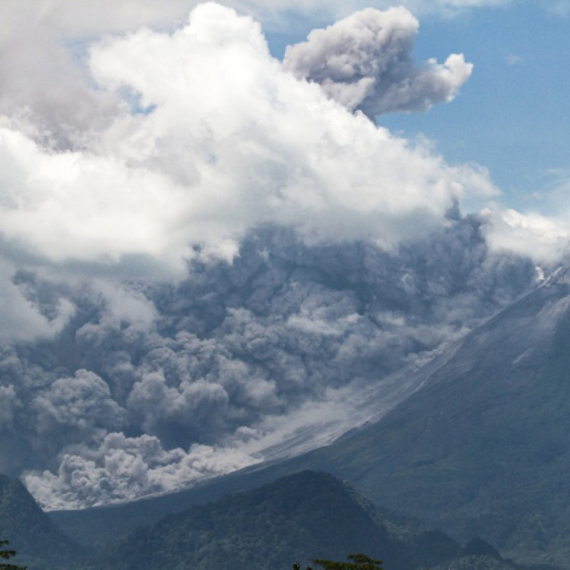
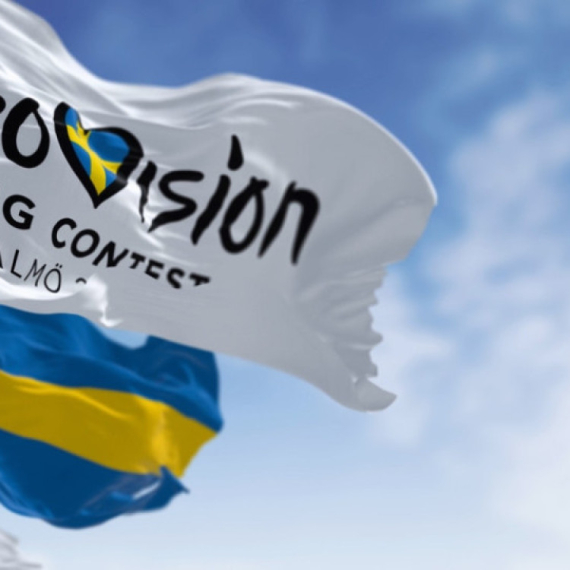
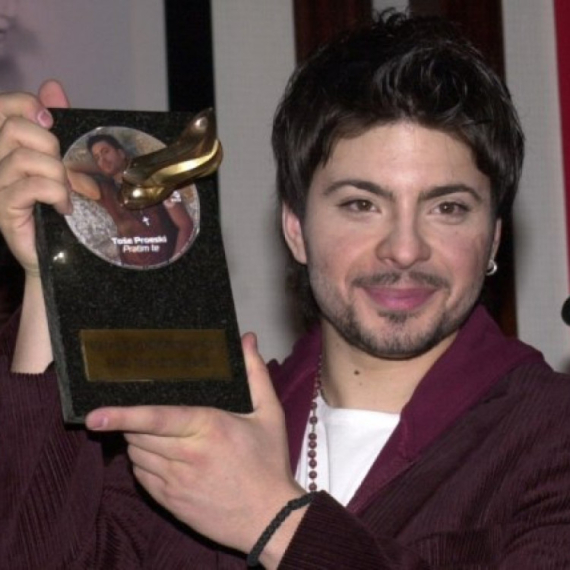
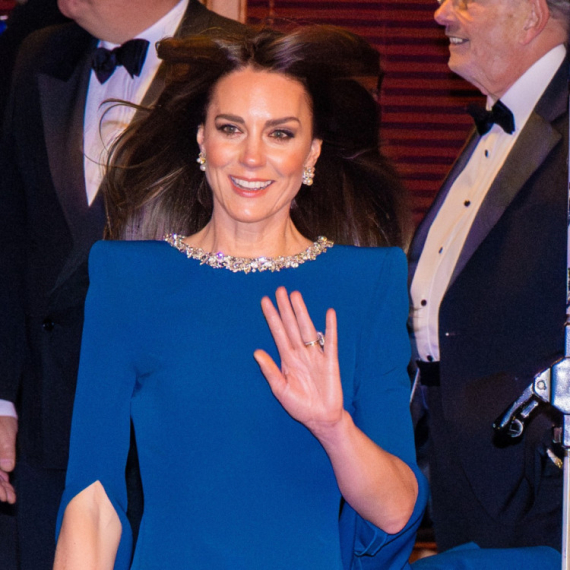
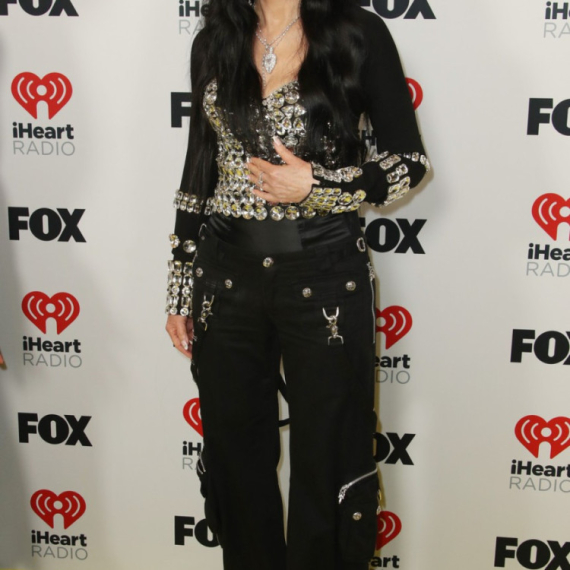











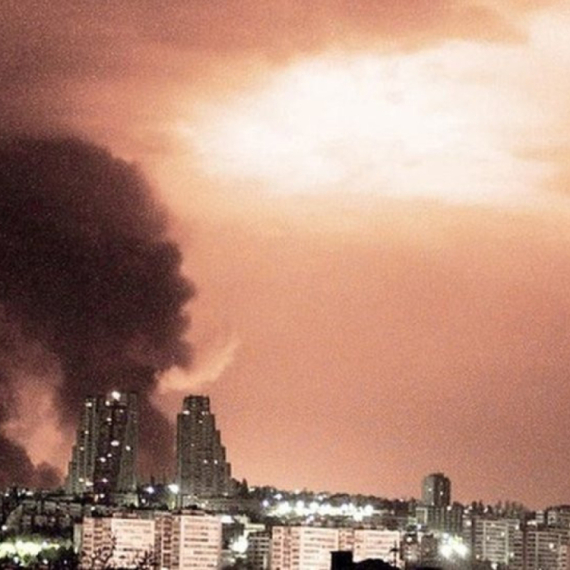
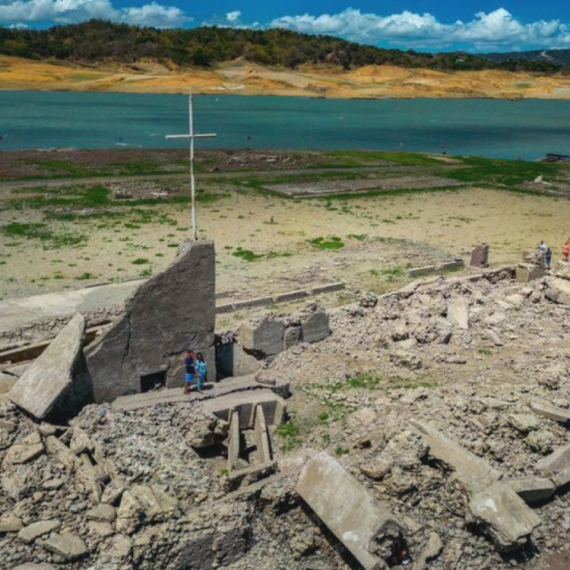



Komentari 1
Pogledaj komentare